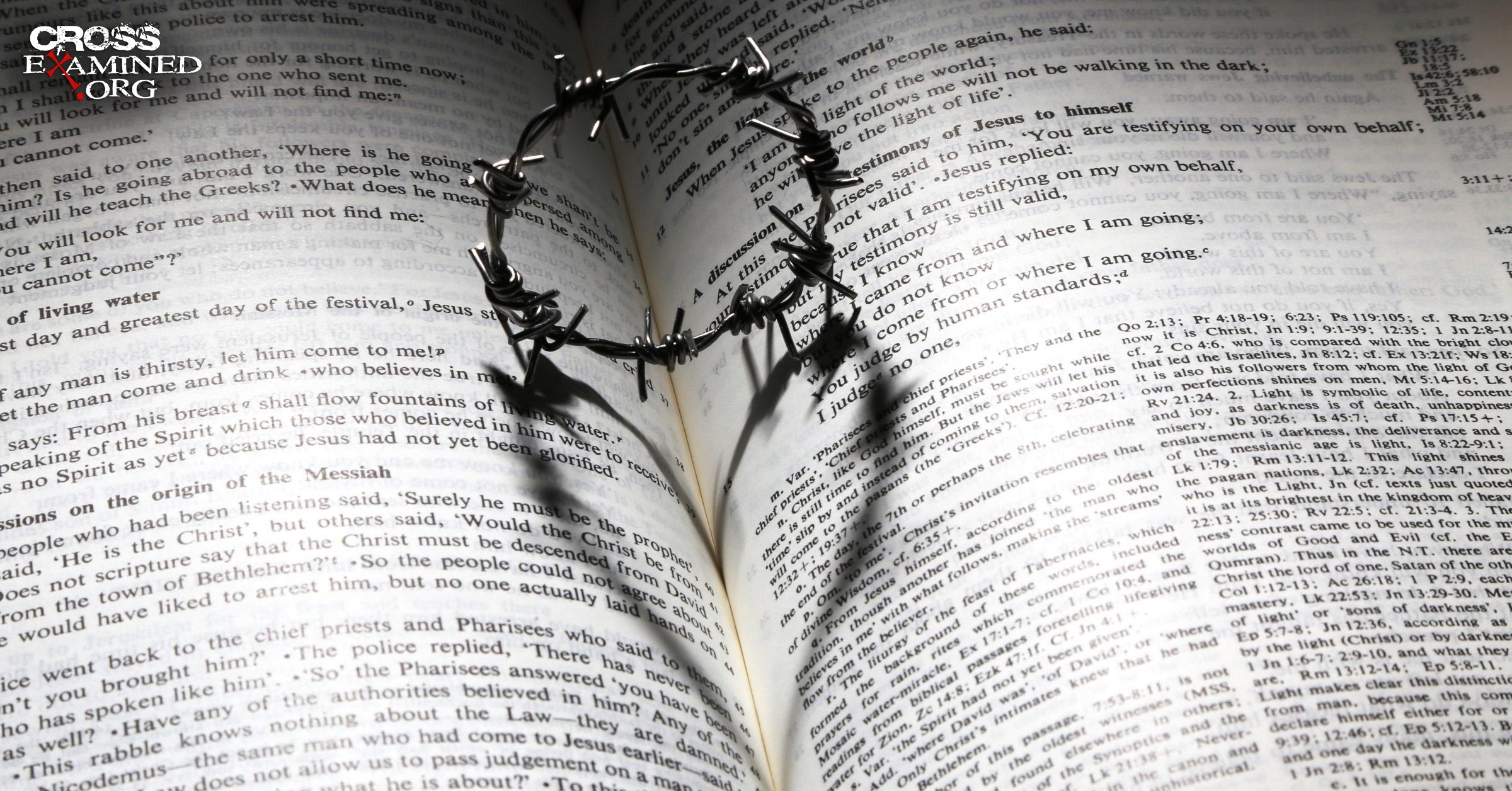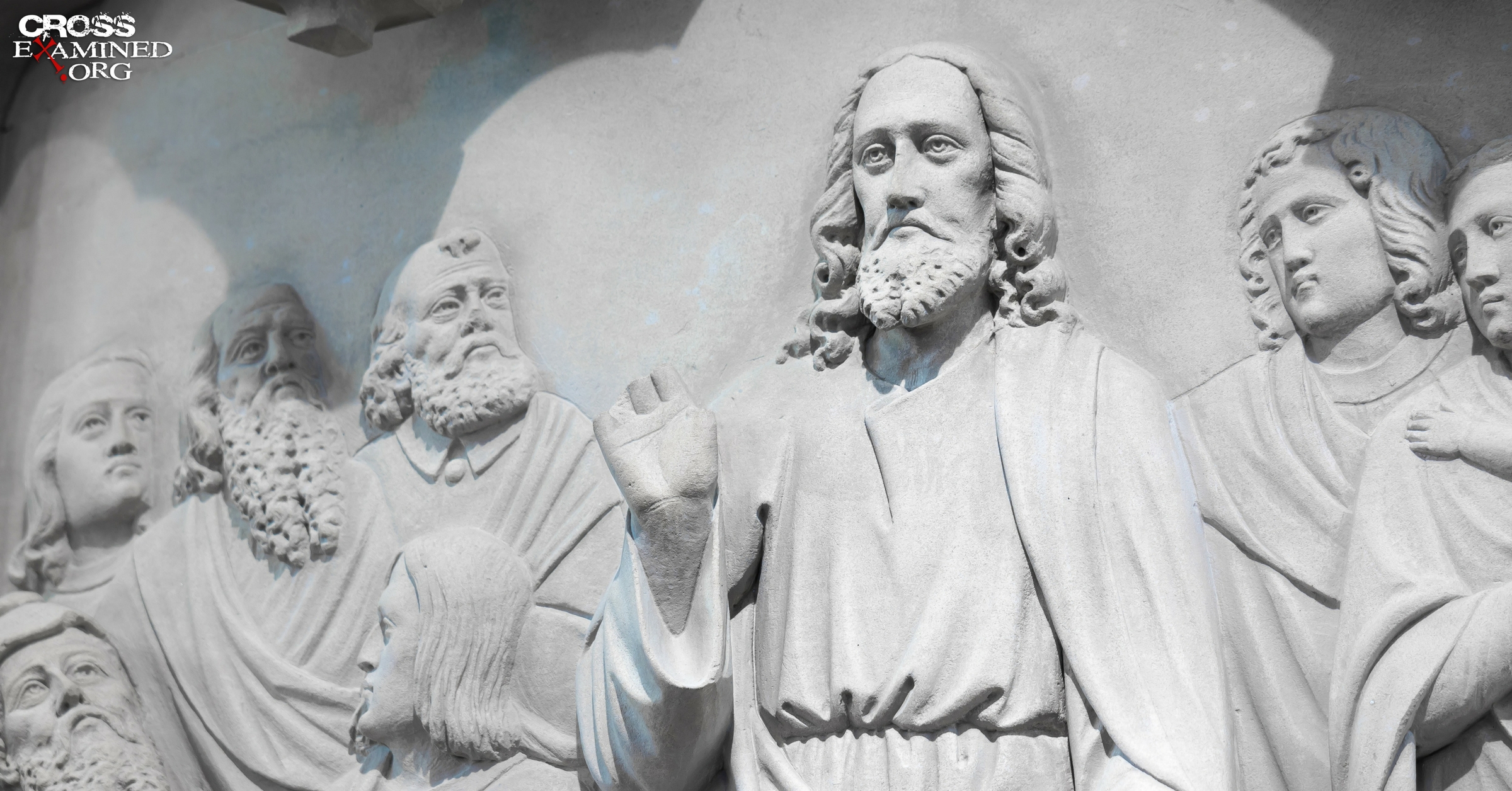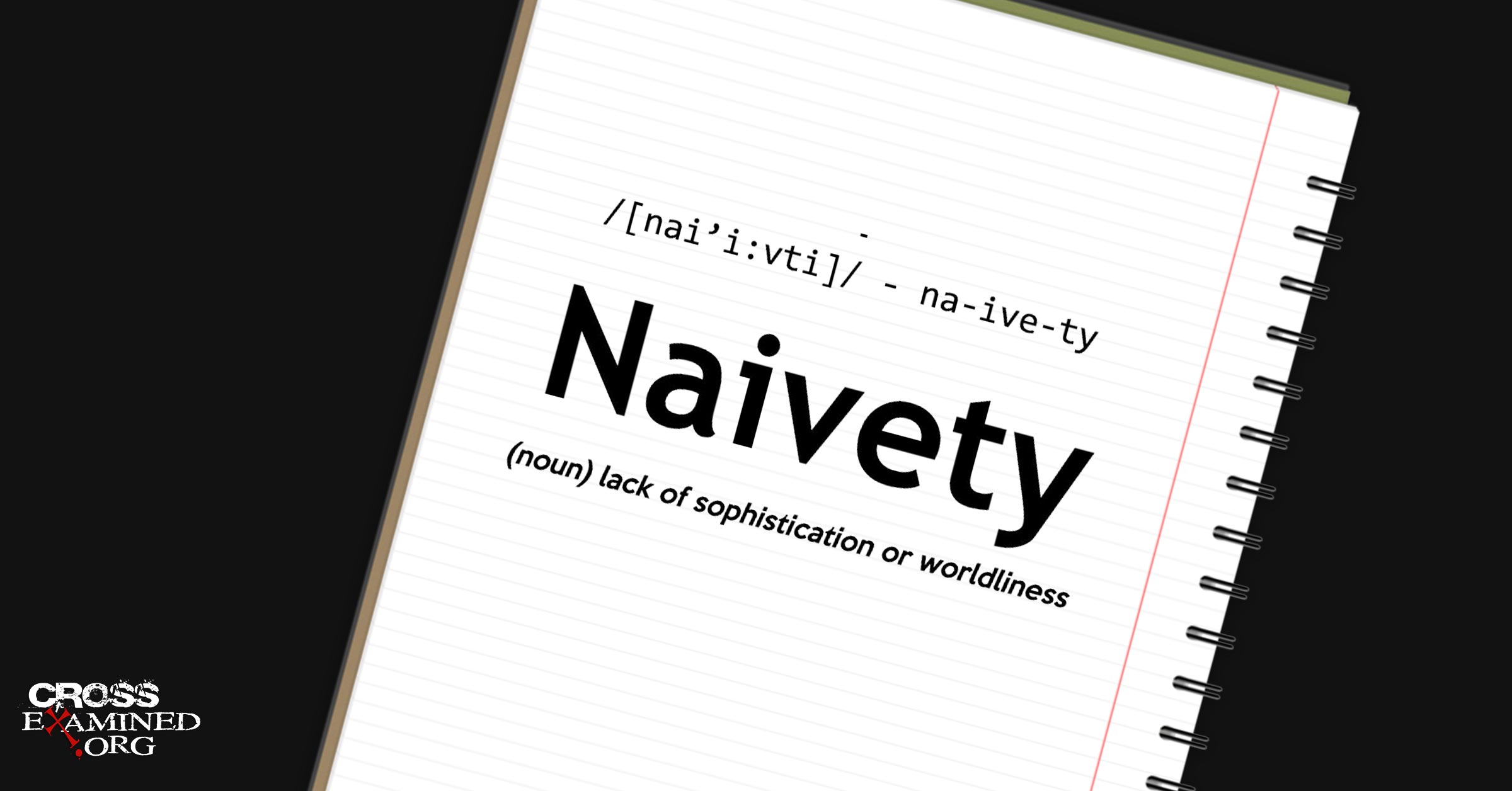God is the Good
At our church, we often say, “God is good all the time, and all the time God is good.” But do we really contemplate what that means? What is the good? What does it mean to say that God is good? Around 420 BC, the famed Greek philosopher Socrates conversed with a gentleman named Glaucon about the nature of goodness and justice. Socrates held that an objective standard of the Good existed which transcends personal opinion and belief. Plato, Socrates’s student, analyzed their conversation in his book The Republic. Plato likened the Good to the sun as both provided individuals clarity of sight. As the sun allows one to see in the visible realm, the Good allows one to see in the realm of rationality and metaphysical truths.
Like Socrates, the apostle John contended that “God is light, and there is absolutely no darkness in him. If we say, ‘We have fellowship with him,’ and yet we walk in darkness, we are lying and are not practicing the truth” (1 John 1:5, CSB). Is John contending that God is physical light, or does “light” in this case hold a metaphorical meaning? While the Bible indicates that God exudes light in God’s appearance (Ps. 104:1-3; Ezek. 1:26-27; Dan. 7:9-14; Rev. 1), John references the good nature of God by his usage of “light” in the passage. The apostle notes that God is the standard of the Good and clears one’s path to live in a state of holiness and righteousness. What does this mean?
- God is absolutely good.
God’s nature is holy and pure. He is morally good and just in all that he does and says. God has no sin and is morally perfect.
- God establishes the absolute good.
God is the moral basis for morality. Without God, it is impossible to know the Good. Even when espousing moral claims, a person appeals to the existence of God. While some have contended otherwise, it makes better sense of the evidence to hold that God is the basis for knowing objective morality.
- God reveals the absolute good.
Seeing that God is the absolute Good, then it only follows that God is the revealer of good. Some will hold, “Well if God is the absolute good, then why does he permit bad things to happen?” God may permit bad things to occur to bring about a greater good in the end. We may not always know what the greater good might be, but God does. Thus, God reveals morality to humanity either by natural revelation or specific revelation.
In a world of information overload, one in which everything is deemed a conspiracy by conservative and liberal extremists alike, truth and goodness can seem quite murky and dim. However, when we realize that God is the source of goodness and truth, then we may be more inclined to spend less time on Fox News, CNN, and social media, and more time with God who is the standard of goodness. God is the absolute good. Even the bad he allows is meant for a greater good. Trust in God’s goodness and follow the light of his path.
Recommended resources related to the topic:
What is God Really Like? A View from the Parables by Dr. Frank Turek (DVD, Mp3, and Mp4)
What is God Like? Look to the Heavens by Dr. Frank Turek (DVD and Mp4)
How Philosophy Can Help Your Theology by Richard Howe (DVD Set, Mp3, and Mp4)
Brian G. Chilton is the founder of BellatorChristi.com, the host of The Bellator Christi Podcast, and the author of the Layman’s Manual on Christian Apologetics. He received his Master of Divinity in Theology from Liberty University (with high distinction); his Bachelor of Science in Religious Studies and Philosophy from Gardner-Webb University (with honors); and received certification in Christian Apologetics from Biola University. Brian is enrolled in the Ph.D. program in Theology and Apologetics at Liberty University and is a member of the Evangelical Theological Society and the Evangelical Philosophical Society. Brian has been in the ministry for nearly 20 years and serves as the Senior Pastor of Westfield Baptist Church in northwestern North Carolina.
Original Blog Source: https://bit.ly/2ZyXIxX












Leave a Reply
Want to join the discussion?Feel free to contribute!